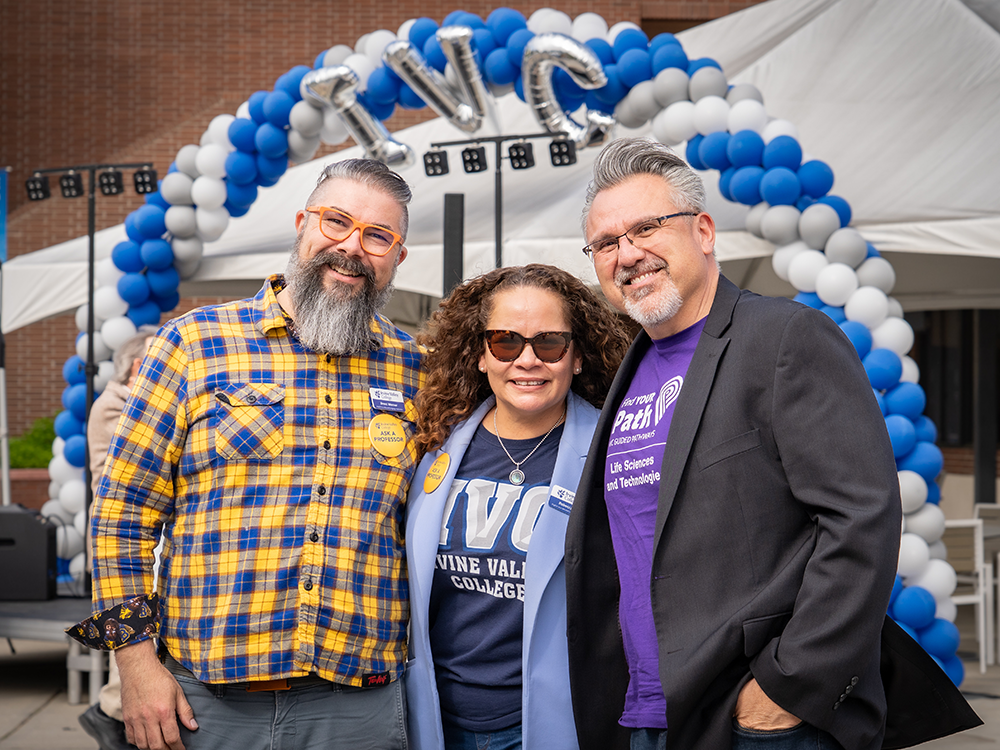If you or someone you know has been sexually assaulted
- Remember that what happened is not your fault. You did not cause the assault, nor did you deserve it.
- Get to a safe place.
- Try not to change anything at the location where the assault occurred.
- Remember that eating or drinking, showering, brushing your teeth, going to the bathroom, and changing or altering your clothes could destroy physical evidence that may be helpful if you decide later to pursue legal action.
- Consider contacting the Health and Wellness Center for referral services. Reporting options will be explained and assistance can be provided for on- and off-campus services that you may need.
- Consider reporting the incident.
- Even if you don't want to file a police report, consider receiving medical attention (Anaheim Hospital (Safe Place): 714-774-1450). A Sexual Assault Nurse Examiner (SANE) at the local hospital will help ensure that you are healthy, provide options to prevent pregnancy or sexually transmitted infections, and collect valuable evidence that may be useful in the future, even if you are unsure about pursuing legal action now. Physical evidence can only be collected up to 72 hours after an assault.
- Consider seeing a psychologist at the Health and Wellness Center. What you tell a psychologist is confidential.
- You have a right to be heard and to receive appropriate medical, emotional and legal support if you choose such options.
How to support someone who has been sexually assaulted:
The first step to helping someone who has been sexually assaulted is to believe them, listen carefully and provide support. They have taken an important step in seeking help and your response may determine the next step.
Let the person know they are not responsible for the sexual assault. Emphasize that help is available, including counseling.
Although there is no universal reaction to being sexually assaulted, many victims feel guilty, often blaming themselves instead of the perpetrator. Victims sometimes feel they could or should have done something differently that would have prevented the assault. Other common feelings include fear, embarrassment and confusion. It is important that as a friend, you understand that a sexual assault is something they had no control over. Telling your friend it was not their fault can help to alleviate some of the confusion and overwhelming emotions they may be experiencing. These feelings, along with denial may be why it takes days, weeks, months or years for the victim to tell anyone.
What a friend may be feeling if a sexual assault is disclosed:
For the person who is close to a victim of sexual assault, this can be a very difficult experience. You may have similar feelings as the victim. Guilt, anger, helplessness and confusion are common. Do not be afraid to get help for yourself as well as the victim by setting up an appointment at the Counseling Center at 949-451-5251 of the Health and Wellness Center at 949-451-5221.





